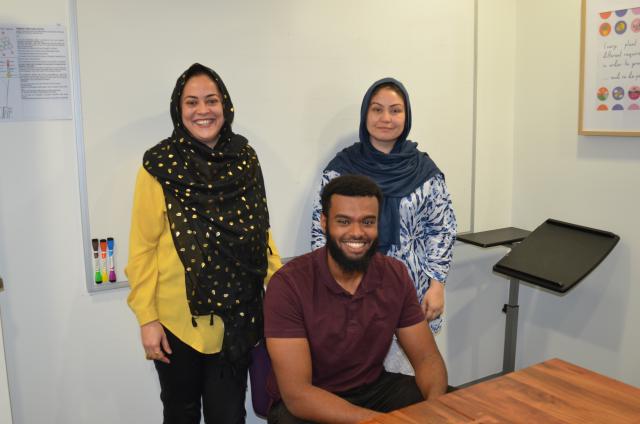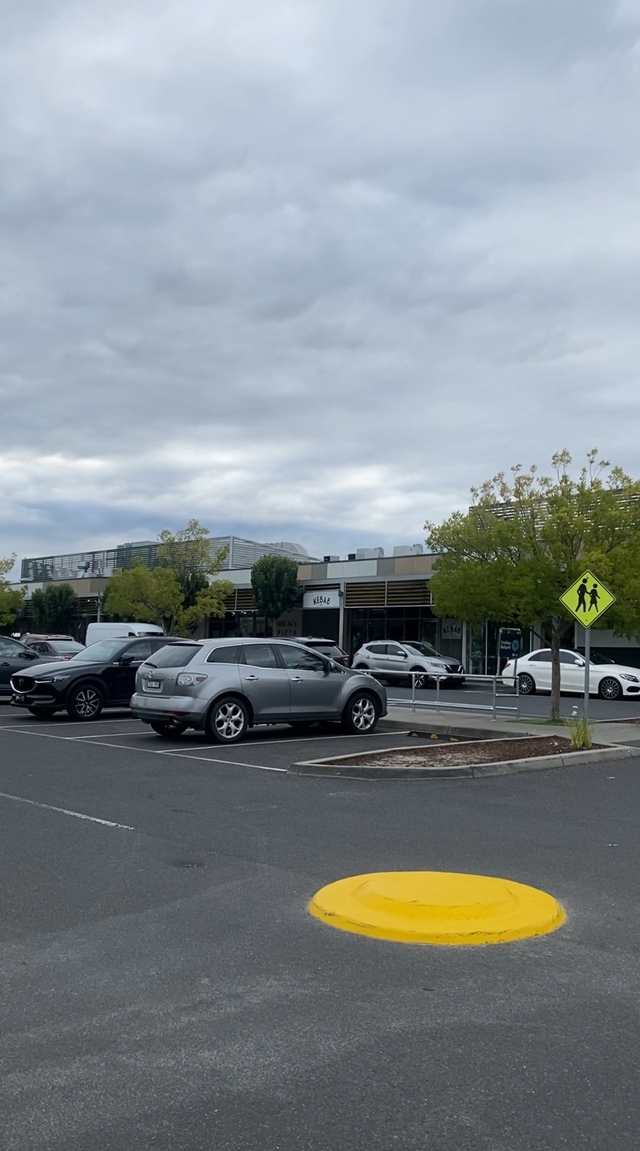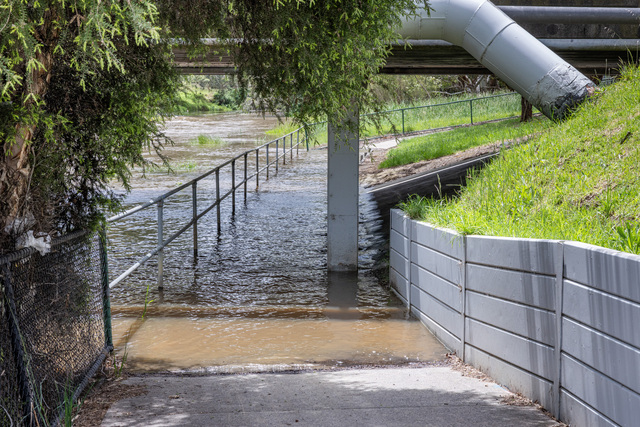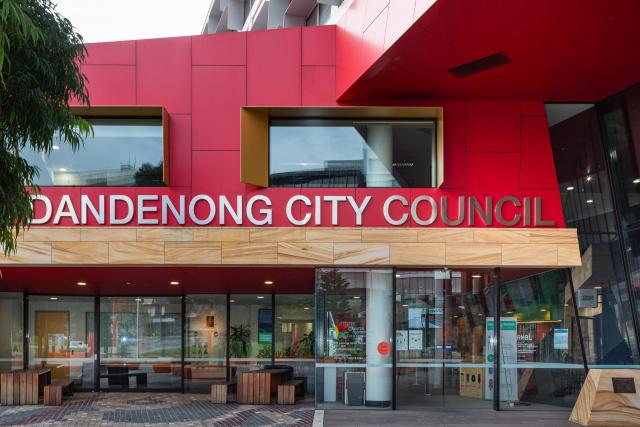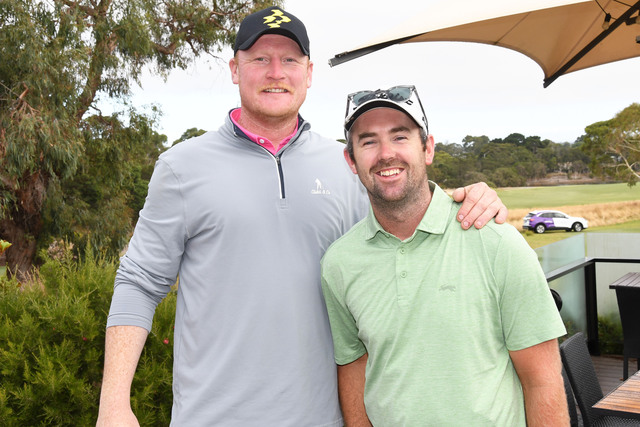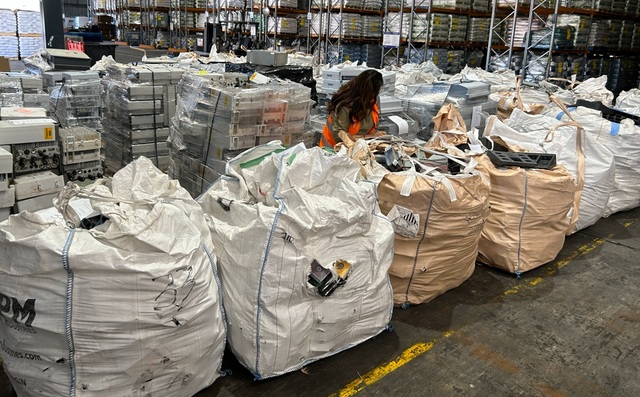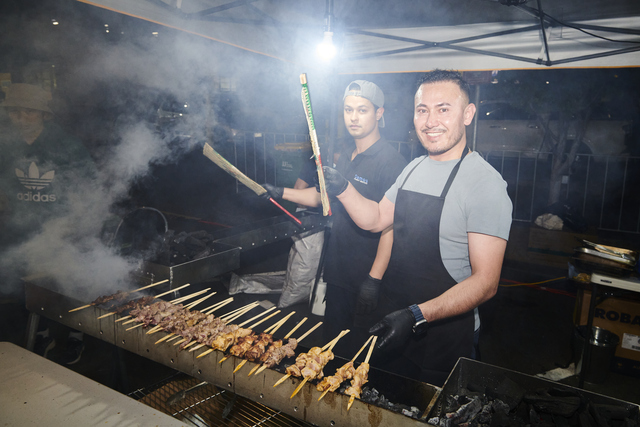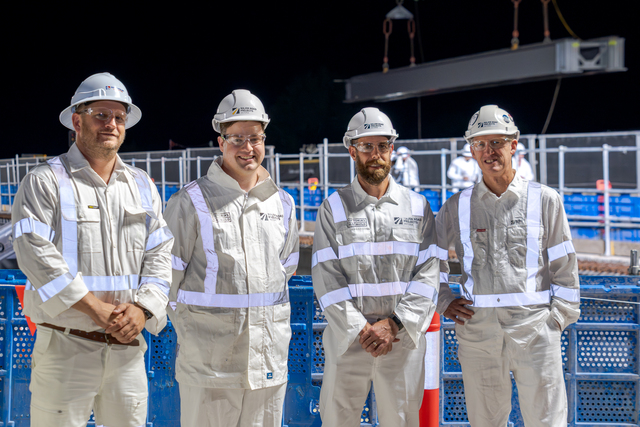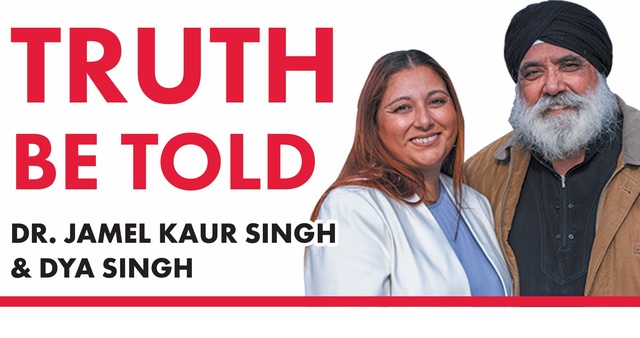Mothers in Cranbourne are struggling with basic English communication.
This is due to a lack of language education infrastructure for refugee and migrant families.
Some local mums are struggling with simple tasks that others take for granted, such as being unable to call their child’s school if the student is sick or ask for assistance at the supermarket.
Yet parents at Cranbourne Carlisle Primary School (CCPS) are breaking down these language barriers, with the help of dedicated multicultural education aides (MEA) Aliya Murtezai and Fizza Zafari.
“We asked [the mothers] why they want to learn English, and the first thing they said was to be able to do day-to-day activities,” said Mrs Murtezai.
“They want to step out of the house and find a job.
“They want to feel like they are part of the community.”
Cranbourne Carlisle principal Sally Webb gave Mrs Murtezai and Mrs Zafari the opportunity in 2022 to run a two-hour class each week from the school.
The class allows mums who have little or no previous knowledge of the English language to find their footing and confidence as part of their new communities.
“We wanted the community to get involved a lot with the school,” Mrs Murtezai said.
“But they were hesitant because of the language barrier.”
Twenty-five per cent of the student body at CCPS comes from Afghanistan.
These numbers indicated to the MEAs a dire need for English language classes not just for the students, but for their parents too.
“We started with greetings,” added Mrs Murtezai.
“We noticed [the mothers] were only standing outside, they never entered the school.
“We started with how to introduce yourself and say good morning, how to put that into a sentence.”
Mrs Murtezai said nowadays the parents are more comfortable entering the school and engaging in small conversations.
The classes are composed almost solely of mothers.
Fathers who also face the language barrier are “busy working”.
For the mums, these classes are a step towards their independence and a way to feel comfortable “stepping out into the real world”.
“Ten minutes of shopping can take more than an hour because they don’t know how to ask [where something is],” said Mrs Murtezai.
This year the MEAs are planning more excursions to give their pupils a hands-on experience.
Participant Zahra Hussain said the classes have given her motivation to leave the house.
“I learnt a lot,” she said.
The computer classes were ideal as they learnt the basics of how to operate a device.
“I can’t wait to learn more.”
The MEAs said it is important to remember that these barriers don’t equate with the women being unskilled.
“They can cook, they are amazing cooks, they do knitting, they can do all sorts of things,” says Mrs Murtezai.
“But it’s the language [problem] where they can’t even sell themselves in the field that they are skilled in.”
Word has quickly spread about the school’s passion for cultural support.
The MEAs are regularly contacted, with parents wishing to participate.
Many refugee and migrant families face travel restrictions.
Parents are usually referred to the Dandenong English language programs, though these can be too hard for families to get to.
“It’s very hard for them to travel, because they don’t have a licence,” said Mrs Zafari.
For Razia Bahrami, it’s having the classes close to home that makes them attractive.
“The English language classes are great as it’s near our house and we can walk,” she said.
“The other classes are far away and we can’t attend as we don’t drive.
“I’m enjoying learning English and it has boosted my confidence.”
Mrs Zafari said the mothers are “very passionate about education” and that despite the immense struggle of learning a new language at an older age, they are committed to the process.
The class has had guest speakers, including Cranbourne MP Pauline Richards and City of Casey social and cultural equity officer Sadia Ali.
“The terrific English Language Group classes at Cranbourne Carlisle Primary School are a lifeline for women starting their new lives in a foreign country,” Ms Richards said.
“Not only do these classes provide essential language skills, but they also offer a sense of community, belonging, and support that can make all the difference in overcoming the challenges of adapting to a new culture.
“They contribute to the southeast being altruistic, optimistic and ambitious.
“Spending time with these women is a highlight of my role as a Member of Parliament, and I am so very pleased they have chosen to make Cranbourne their home.”
The classes are currently running from the staff room of the school as no classrooms are available.
“The numbers kept increasing,” said Mrs Murtezai.
“We had mums who wanted to learn, but we had to cut it off because of the space.”
The teaching duo was forced to focus on a small sub-section of Afghan families in the area.
They said they would love to be able to expand into other groups in the future.
The MEAs also hope for a new portable on campus dedicated to English language learning and wellbeing.
“We want a room where a lot of different things [can happen], where they can have a women’s group and they can teach and learn from each other, where they can teach other women their skills.
“We can’t do that in the staff room.”

